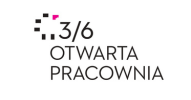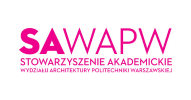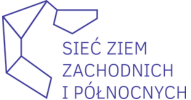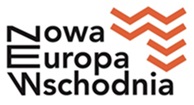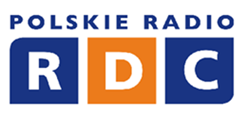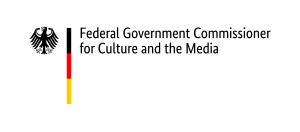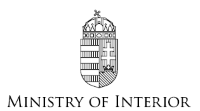In Between? is an educational project for students interested in exploring the history of the European borderland regions. During the 2024 edition of the programme the participants met in Warsaw and subsequently set off on study visits to Masuria and the Finish-Estonian borderland, where they interviewed members of the local community and produced a series of podcasts.
About In Between? 2024
2–13 September 2024, Masuria (Poland), Helsinki/Tallinn (Finland/Estonia)
Podcasts
‘Masuria – Somewhere in Between’ – A Trip to the Historical German-Polish Borderland
During their study trip to Masuria, the participants of In Between visited Pisz, Mikołajki, Kadzidłowo, Ełk, and Ogródek to explore the memory of the German-Polish neighbourhood from over eighty years ago. By telling this audio story, they seek to understand the social relations in the area, marked by ethnic and national rivalries, both before 1945, when Masuria was part of Germany, and after 1945, when it was ceded to Poland and the ethnic composition of much of the population changed. Who are the Masurians? Can traces of this complicated past still be seen in the landscape of a region that is now a popular holiday destination? These questions were the starting point of interviews with witnesses to history, activists, and representatives of local institutions.
'(Un)common Borderland. Stories From Finland, Estonia, and the Journey In Between'
The authors of the podcast '(Un)common Borderland' retraced the historical routes across the Baltic Sea, travelling to Helsinki, Finland, and later crossing the 80 km sea passage to Tallinn, Estonia. During the Cold War this journey was accessible only to a select few, subject to strict restrictions and scrutiny by border guards. Today, it reflects the transformation of the region and the renewed cooperation between the two countries, which, after all, share much in common. Through the interviews, students learned personal stories from those who lived through this period of separation and explored the many physical and symbolic meanings of the border.
Reportage
Gallery













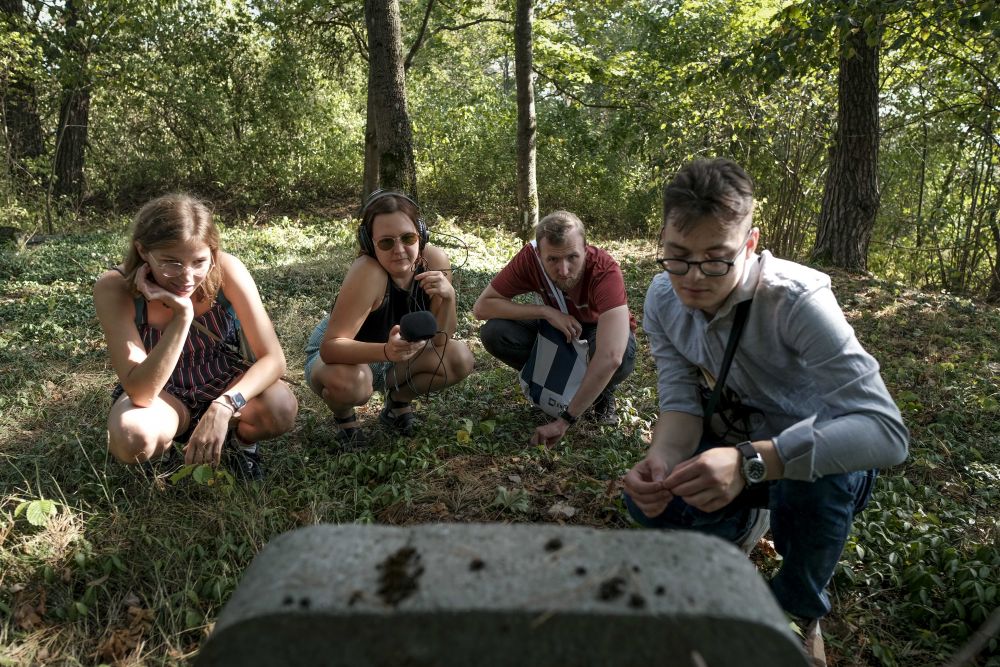






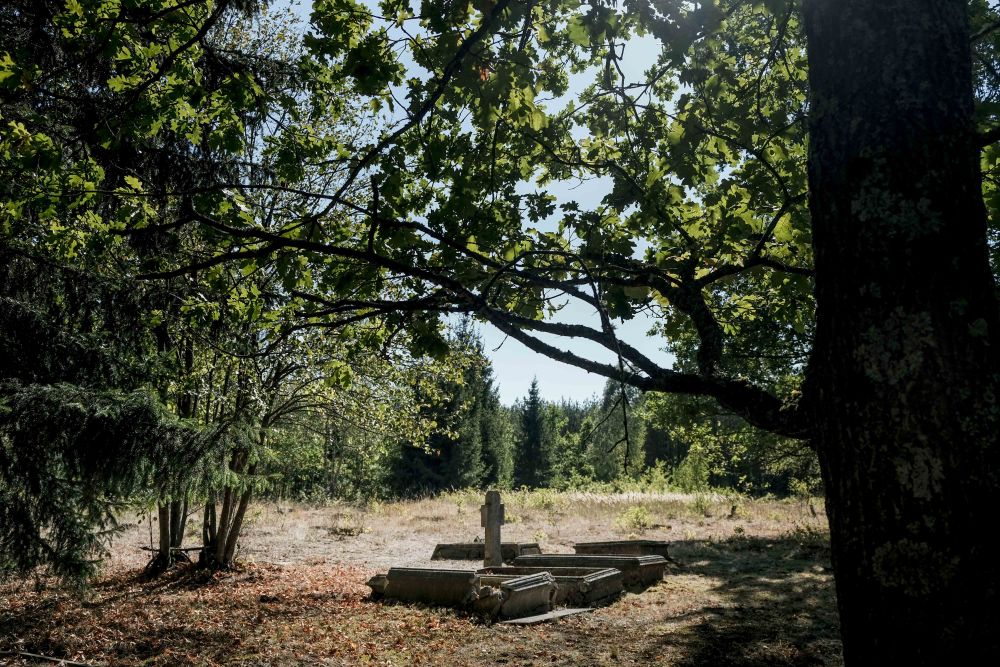








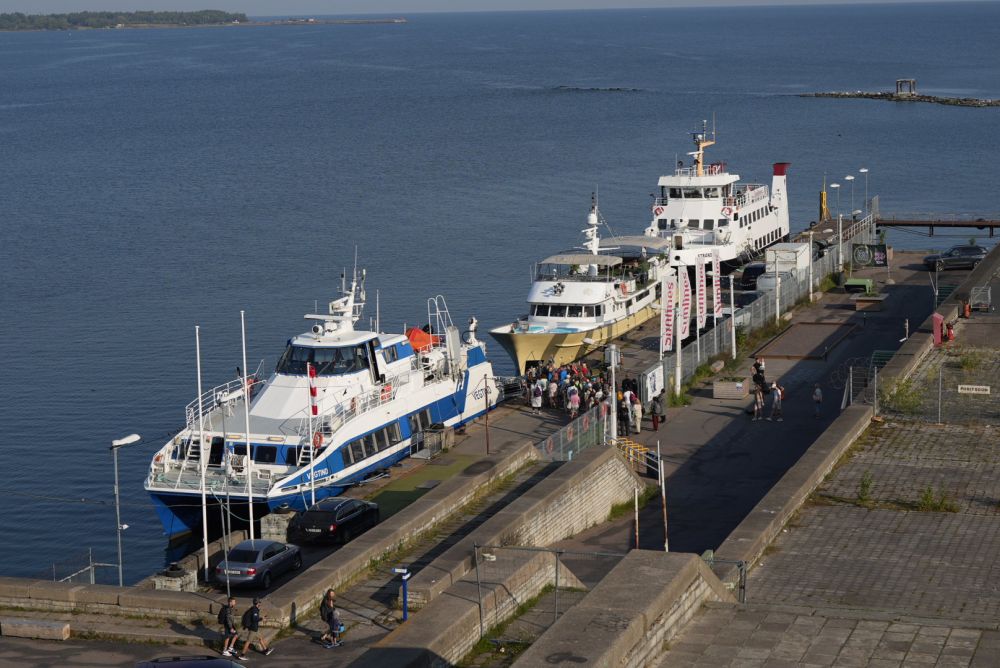
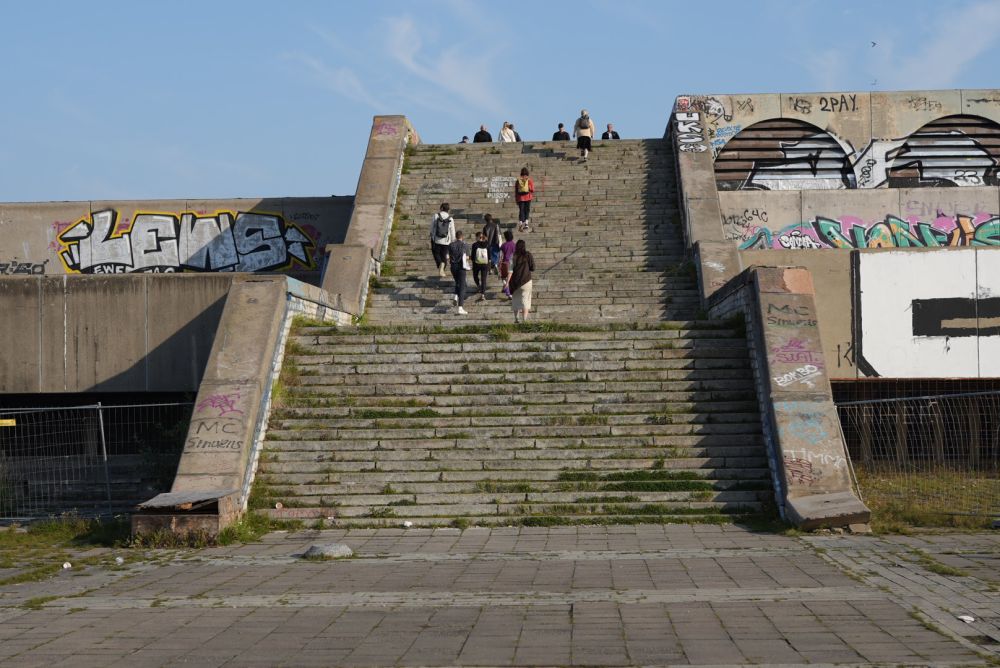
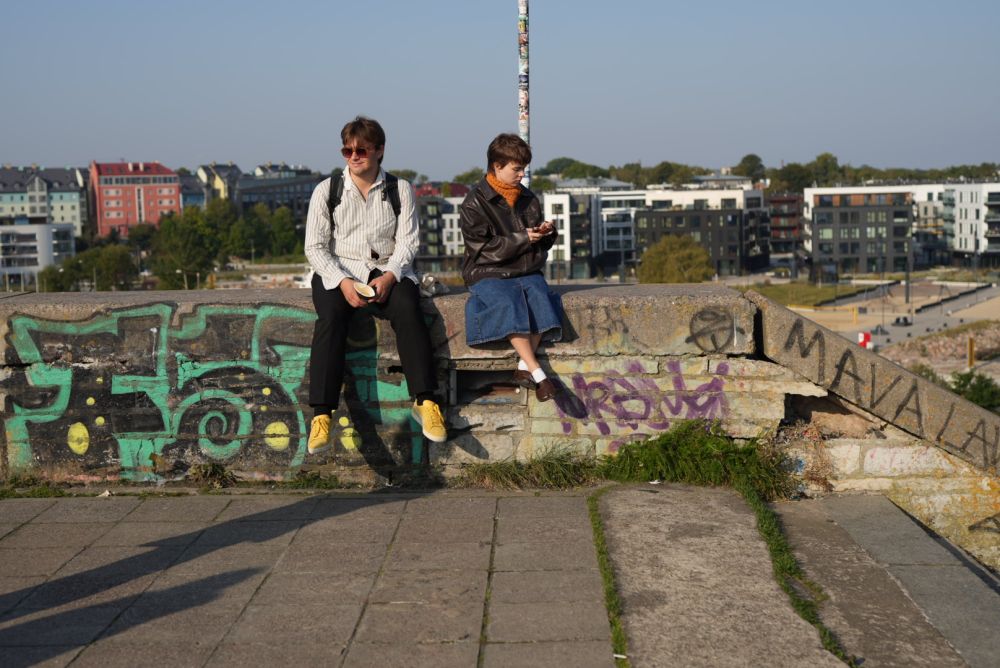
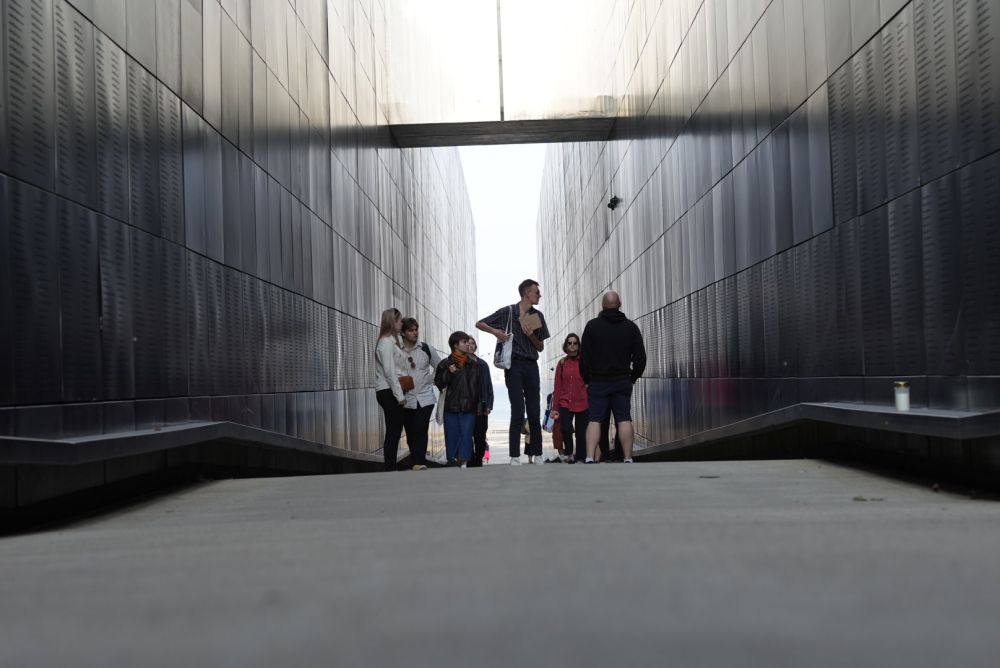
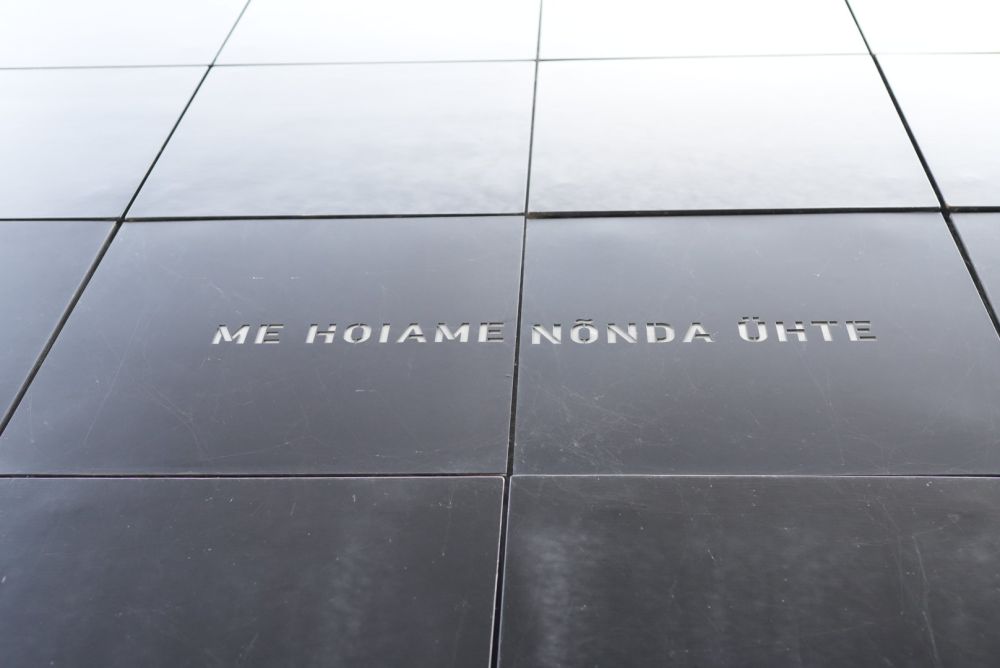
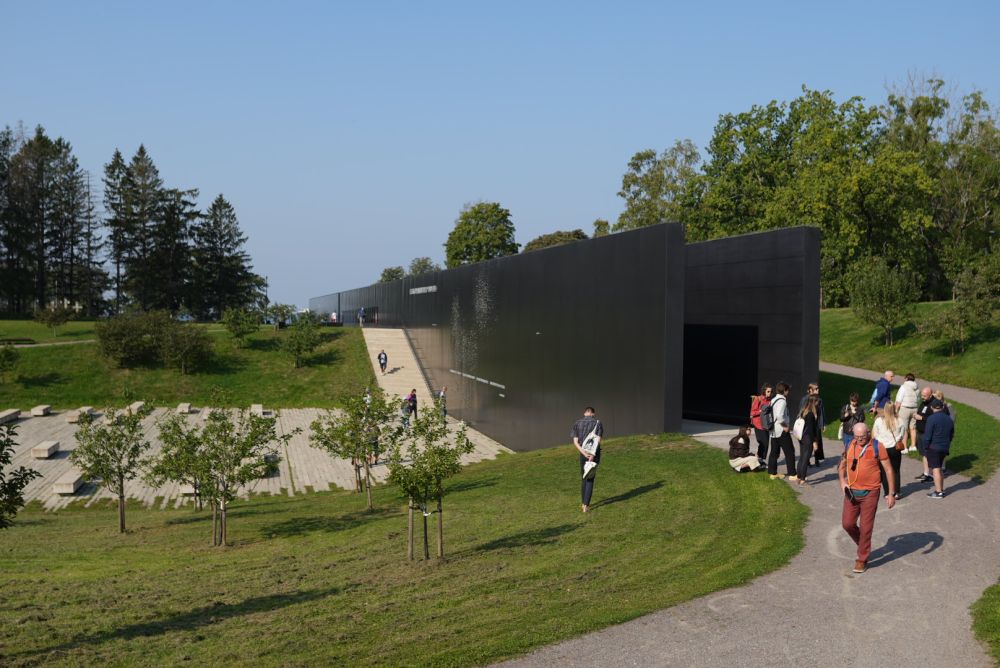
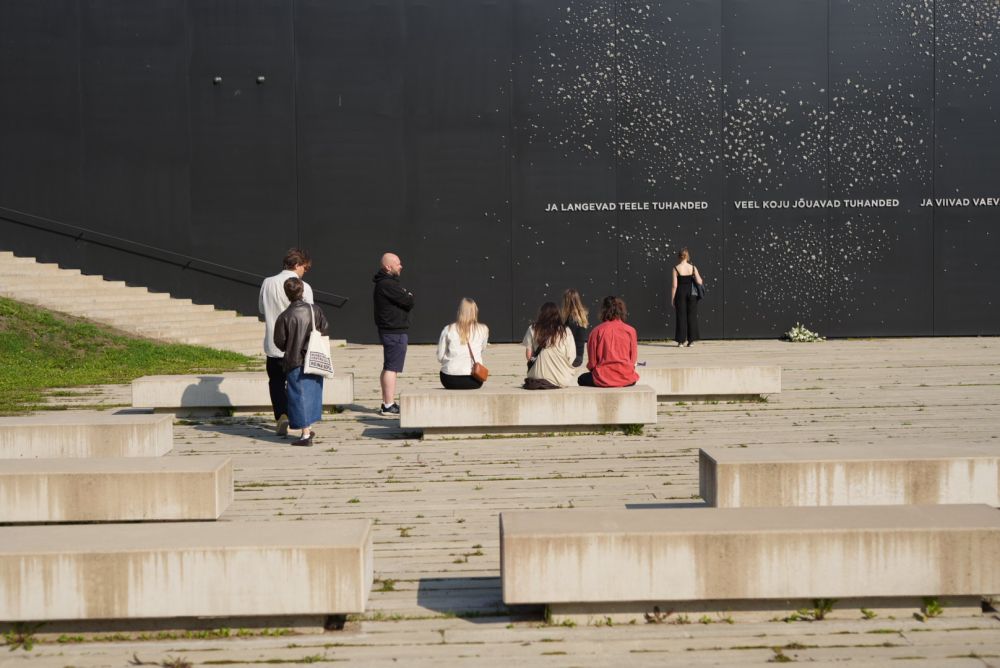
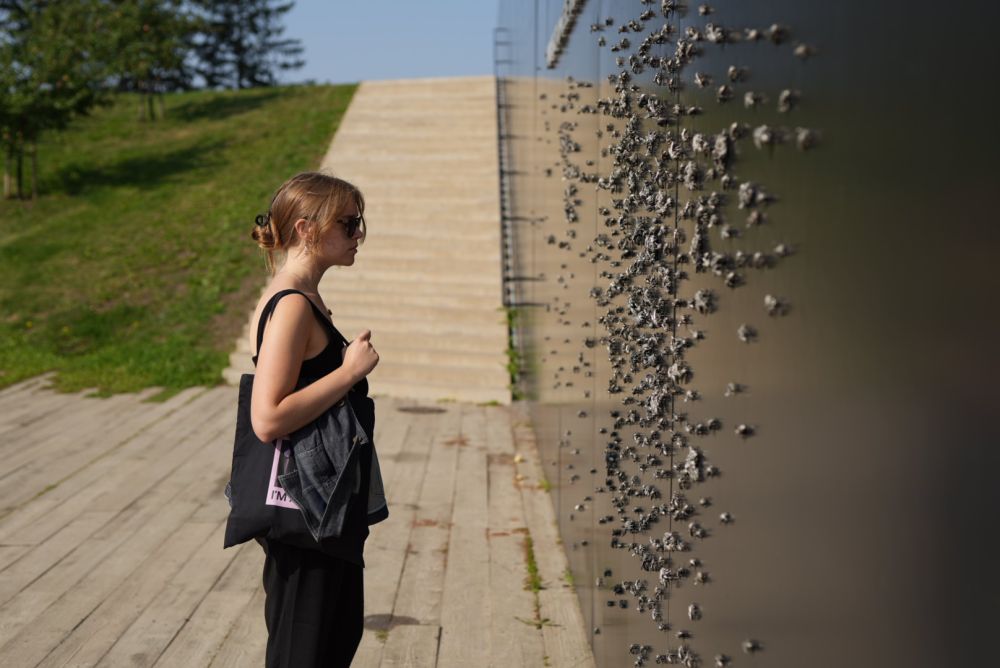
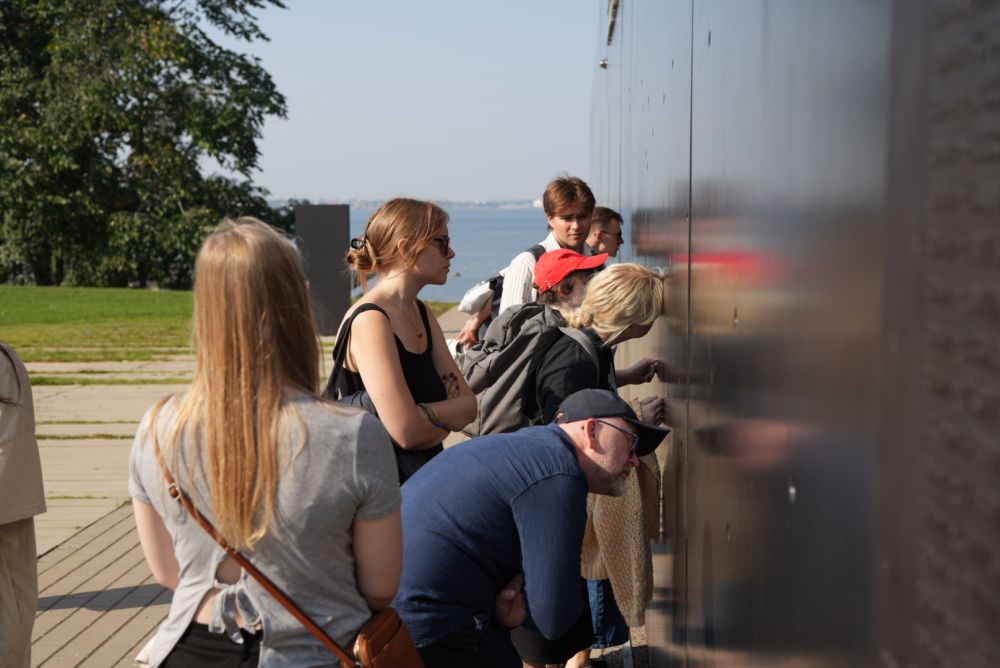
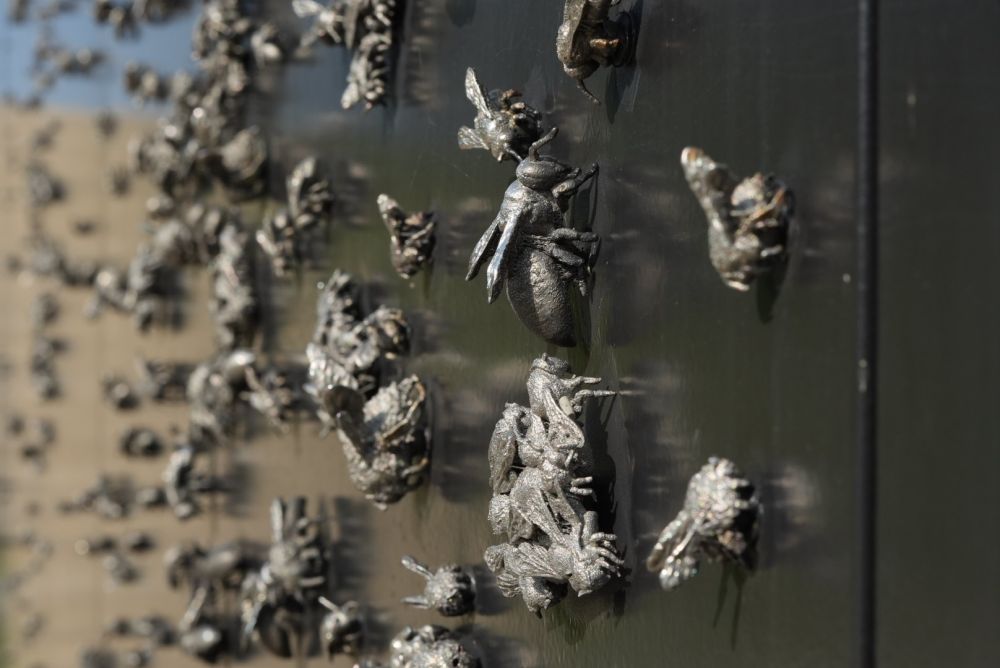
Mentors
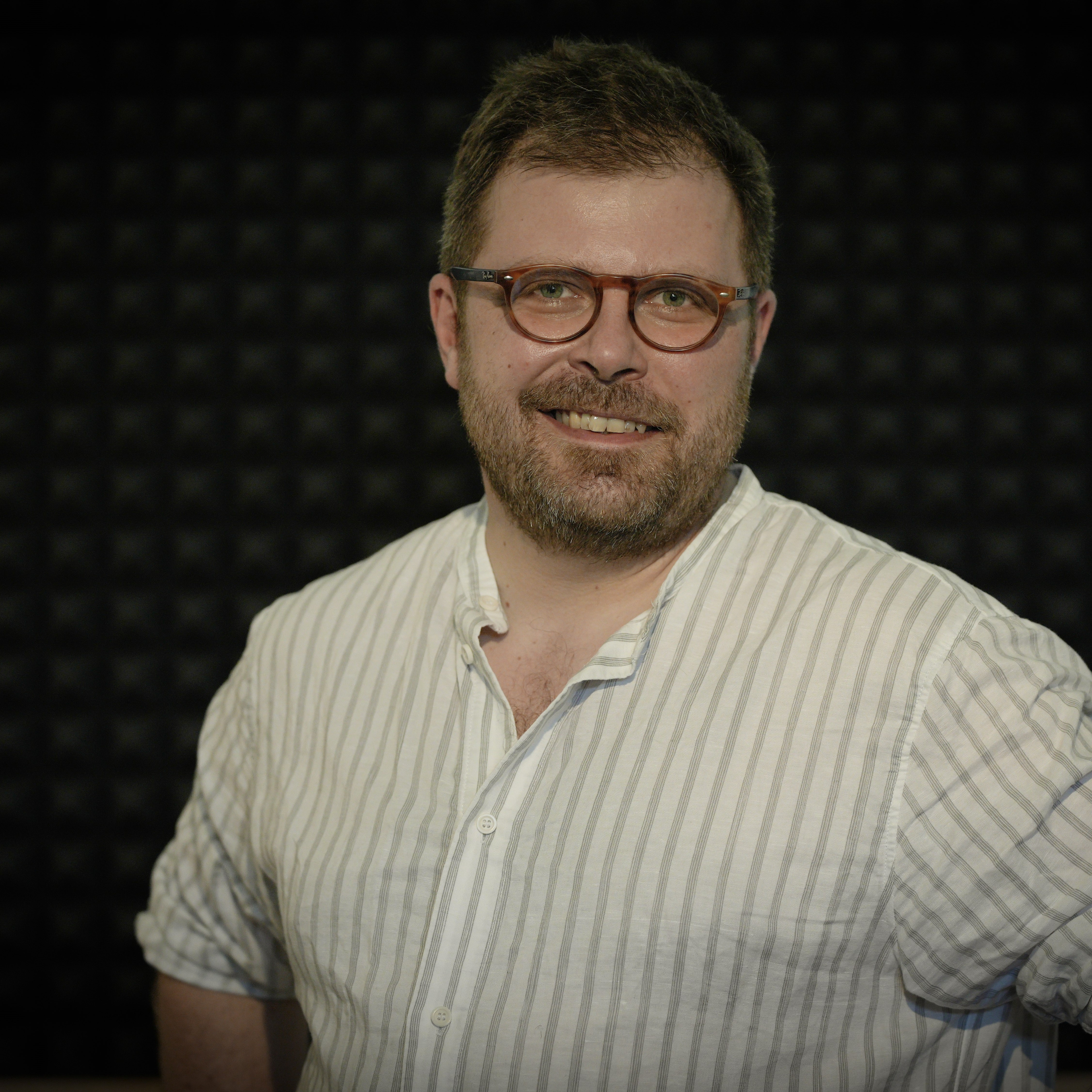

John Beauchamp
John Beauchamp is a Polish-British journalist and one of the most prominent English voices in Poland. He worked for Polish Radio for over a decade, and currently produces podcasts for the Polish Press Agency (PAP). He teaches journalism, and has also worked on a number of innovative audio projects in both Polish and English, including geolocated ‘soundwalks’ for Culture.pl. He is one of the founders of Free Range Productions, an independent audio storytelling company. You can also hear his voice on the Warsaw subway. John will share his expertise during the study visit to Masuria region.
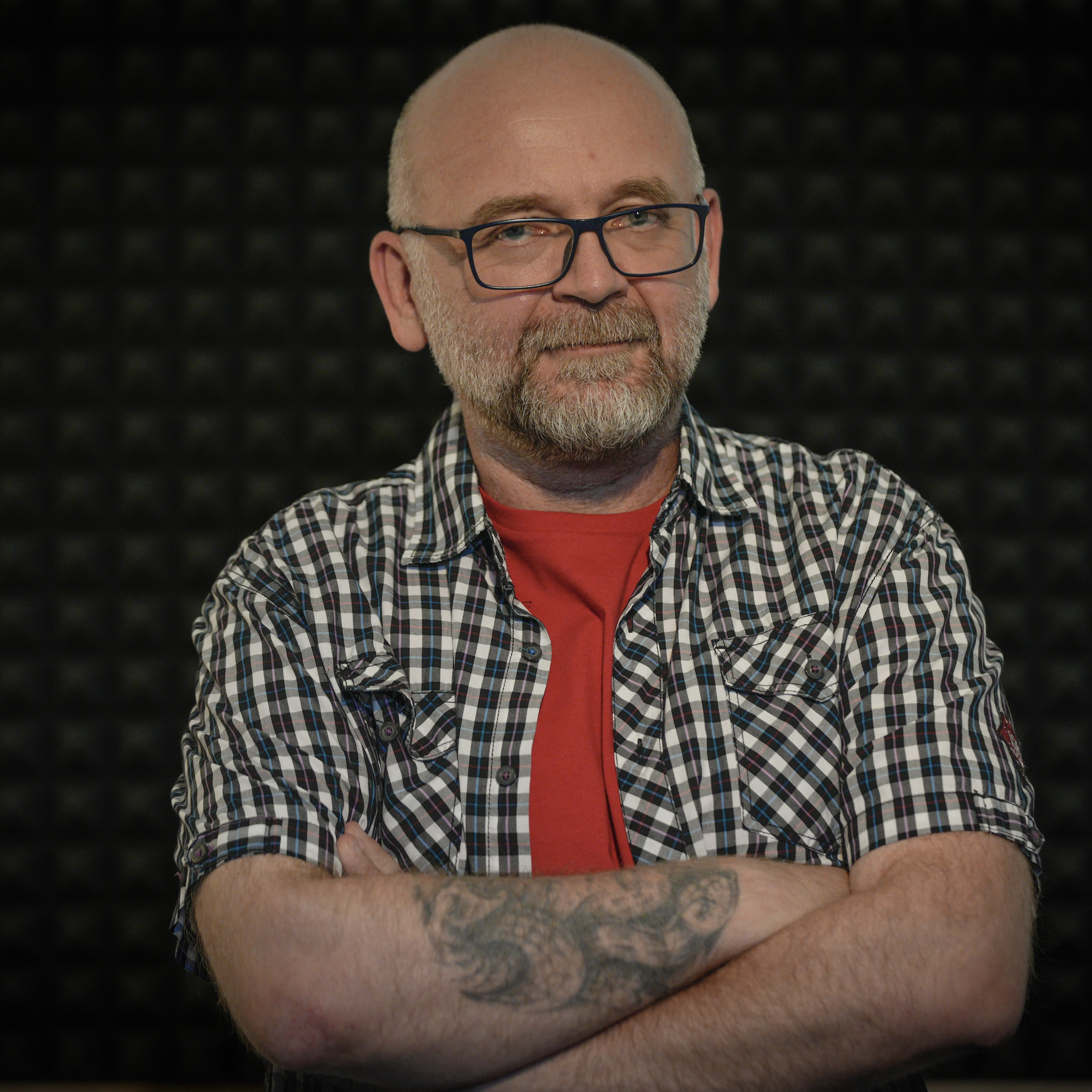

Jarosław Kociszewski
Jarosław Kociszewski is a journalist and international relations expert. For many years he was a Middle East correspondent for the Polish press and one of the hosts of the program “Więcej Świata” on Polish Radio. Presently he is a chief editor of www.new.org.pl portal run by College of Eastern Europe and collaborates with Stratpoints NGO focusing on development and security. He is a frequent guest on several radio programs, where he comments on the current political situation in Asian and African countries. Jarosław Kociszewski is also one of the three founders of Free Range Productions. He will accompany the participants as a mentor during their podcast production.
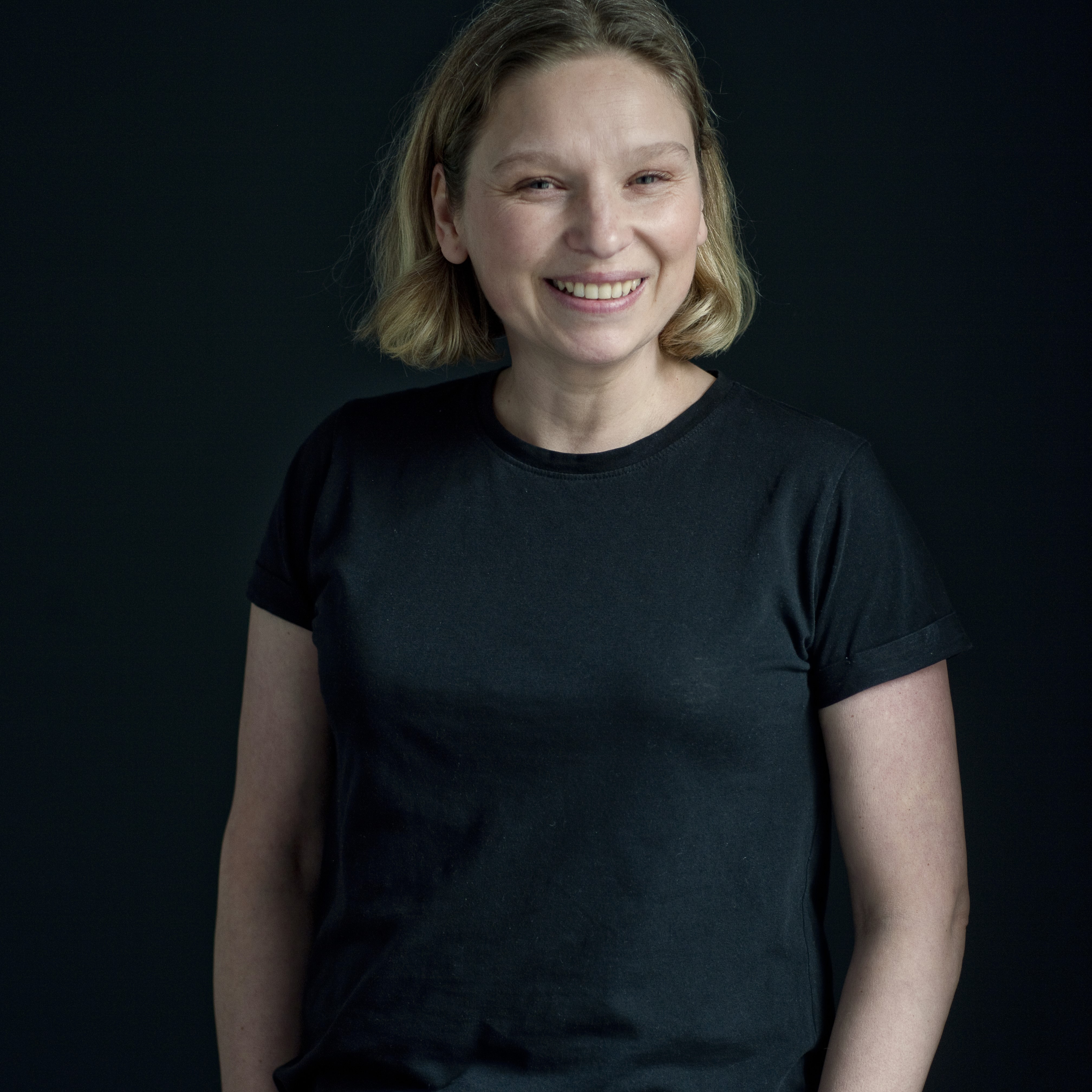

Marta Kurkowska-Budzan
Marta Kurkowska-Budzan is a Professor at Jagiellonian University's History Faculty. With a background in history and sociology from Jagiellonian and the University of Kent, she's held post-docs at the US Holocaust Memorial Museum and NYU's E.M. Remarque Institute. Her current research delves into historical methodology, cultural history of sports and leisure and Eastern Europe's 20th-century labor culture. She will lead the oral history workshops for the project participants.
About the Project
Read More


